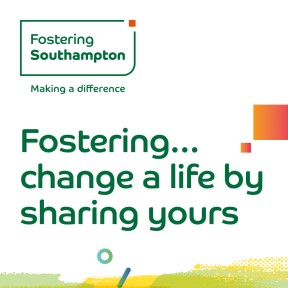Who does Universal Credit affect?
Universal Credit can be paid if you are looking for work, unable to work because of illness or disability, or if you are on a low income and working.
The amount you will receive will depend on your level of income and other family circumstances. There will be a basic personal amount (similar to the current Jobseeker's Allowance) with additional amounts for disability, caring responsibilities, children and housing costs.
If you are claiming any of the benefits that are being replaced, your claim will continue unless you have a change in circumstances that triggers a claim for Universal Credit. Eventually you will be moved onto Universal Credit, even if you have had no change in circumstances.
Changes that trigger a Universal Credit claim
You will only have to claim Universal Credit if you make a new claim or have a change to your circumstances that would normally have resulted in making a claim for one of the benefits that are replaced by Universal Credit.
For example: If you have been found fit for work and your income-related ESA ends, instead of making a new claim for income-based JSA you will need to claim Universal Credit.
Once Universal Credit is in payment
Once you are receiving Universal Credit, your claim will continue if you are working or if you are out of work. If you are on a low income and are moving in and out of work, Universal Credit will remain in payment.
For example: If you start work after a period of unemployment your benefit won't just stop, instead, your Universal Credit payments will be adjusted to suit your new financial circumstances.


